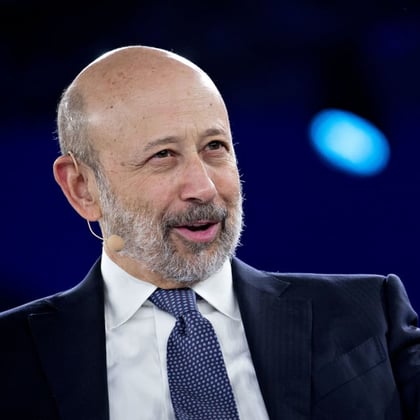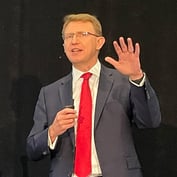Goldman Sachs Senior Chairman Lloyd Blankfein urged companies and consumers to gird for a U.S. recession, saying it’s a “very, very high risk.”
“If I were running a big company, I would be very prepared for it,” Blankfein said on CBS’s “Face the Nation” on Sunday. “If I was a consumer, I’d be prepared for it.”
A recession is “not baked in the cake” and there’s a “narrow path” to avoid it, he said. The Federal Reserve has “very powerful tools” to tamp down inflation and has been “responding well,” the former Goldman chief executive officer said.
With high fuel prices and a shortage of baby formula tangible measures of Americans’ unease, U.S. consumer sentiment declined in early May to the lowest level since 2011. US consumer prices rose 8.3% in April from a year ago, slowing slightly from March but still among the fastest rate in decades.
Blankfein’s comments were broadcast the same day as the firm’s economists cut their U.S. growth forecasts for this year and next to reflect the recent shake-out in financial markets.
Goldman’s economic team, led by Jan Hatzius, now expects U.S. gross domestic product to expand 2.4% this year, down from 2.6%. It reduced its 2023 estimate to 1.6% from 2.2%.









 May 16, 2022 at 10:30 AM
May 16, 2022 at 10:30 AM











